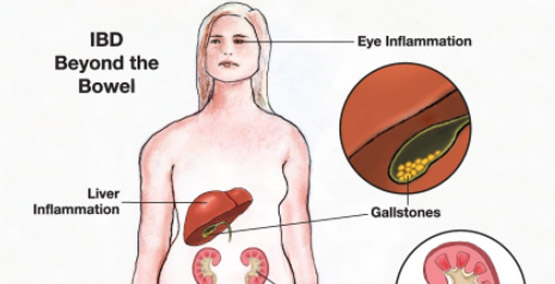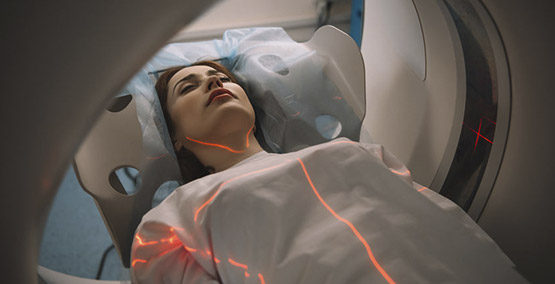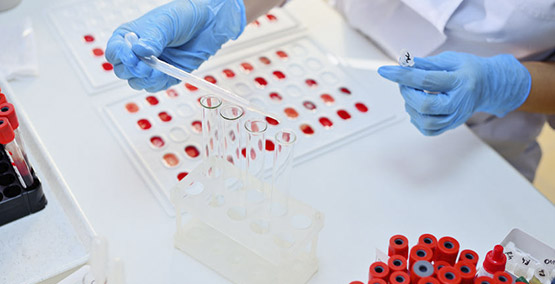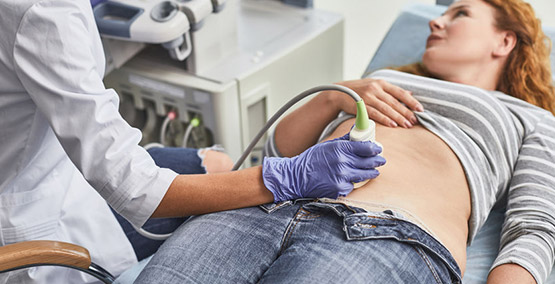
Typical blood tests in IBD

Natalie Hill grew up in Atlanta...
Certain blood test are often done routinely to monitor a person's progress with their IBD, whether it's Crohn's disease or ulcerative colitis. Sometimes they are listed with their initials on reports.
A Complete Blood Count (CBC) which is actually a number of tests.
- The White Blood Count (WBC) reflects the number of white blood cells in the blood stream. The number usually goes up if any infection or inflammation are present (and sometimes it can go up if someone is on steroids). The WBC can go down if there's a virus or with certain medicines (6-mercaptopurine or azathioprine), common for IBD. There can also be a shift within the different types of white cells with different infections or even with allergies.
- The hemoglobin (HGB) and hematocrit (HCT) indicate the red blood cell population and reflect the body's iron. They decrease when blood is lost or if there's not enough iron and vitamin B12. More specific red cell tests can help to tell whether iron or B12 are causing the anemia. When the HGB and HCT are low, a person is considered anemic. How low they are indicate how severe the anemia is—and that usually goes along with how severe the IBD is.
- The platelet count can increase in inflammation or decrease if the bone marrow (which produces the blood cells) is being affected by medications or other causes.
The sedimentation rate (ESR) and C-Reactive Protein (CRP) are other indicators of inflammation or infection. It's not always useful because not everyone makes CRP and if someone has low proteins these tests may not show the full extent of the problem. Just like the CBC measures any inflammation, the ESR and CRP can go up whether IBD is active, or a person has a strep throat or pneumonia, so they are non-specific. The CRP is now used sometimes to determine whether a person is likely to respond to certain medications.
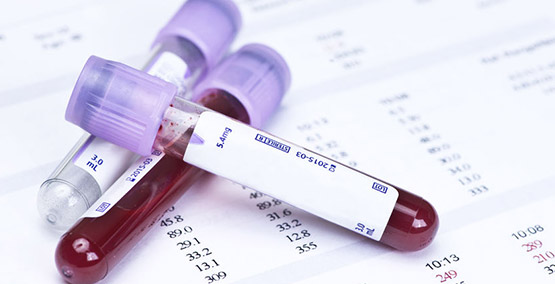
Metabolic profiles also combine a number of tests. Most include
- creatinine (CR) and blood urea nitrogen (BUN), which are indicators of dehydration and how well the kidneys are working. They are often checked routinely if someone is taking aminosalicylates for their IBD
- transaminases (AST, ALT) which are liver enzymes; the alkaline phosphatase (ALP) which is both a liver and bone enzyme–these can be affected by IBD or a number of the medicines used to treat it;
- albumin (ALB) and globulin (GLOB)-are proteins in the body and how much ALB is in the blood stream is an important measure of IBD severity;
- glucose (GLU) is the measure of sugar in the blood
- sodium (NA), potassium (K), chloride (CL), carbon dioxide (CO) and calcium (CA) are the body's main salts.
This article, as well as all others, was reviewed and edited by a member of our Medical Advisory Board.
Subscribe Be the first to know


